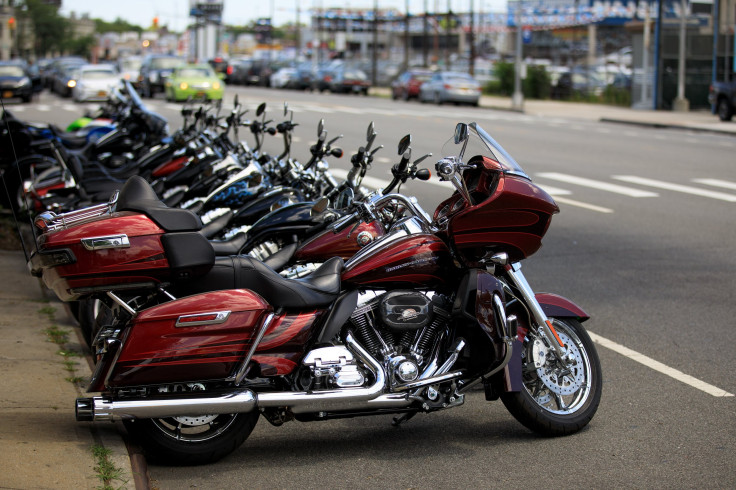Why Harley-Davidson Is Moving Some Production Plants Overseas

Harley-Davidson has revealed plans to shift some of its motorcycle production overseas to avoid the European Union's increased tariffs on American-made imports, the company announced Monday.
The American-made motorcycle company said it looks to produce some of its bikes overseas to dodge retaliatory tariffs set by the EU in response to President Trump's duties on steel and aluminum imported from Europe.
The company currently has production plants in the U.S., Brazil, India, Australia, and Thailand.
"Increasing international production to alleviate the EU tariff burden is not the company's preference, but represents the only sustainable option to make its motorcycles accessible to customers in the EU and maintain a viable business," the company said in a filing.
On Tuesday, President Trump threatened Harley-Davidson via Twitter that the company will be "taxed like never before" if it moves manufacturing plants overseas.
"A Harley-Davidson should never be built in another country-never! Their employees and customers are already very angry at them. If they move, watch, it will be the beginning of the end - they surrendered, they quit! The Aura will be gone and they will be taxed like never before!" Trump tweeted.
A Harley-Davidson should never be built in another country-never! Their employees and customers are already very angry at them. If they move, watch, it will be the beginning of the end - they surrendered, they quit! The Aura will be gone and they will be taxed like never before!
— Donald J. Trump (@realDonaldTrump) June 26, 2018
Trump also claimed that the motorcycle company is using the European retaliatory tariffs as "an excuse" to relocate some of its manufacturing out of the U.S.
"Early this year Harley-Davidson said they would move much of their plant operations in Kansas City to Thailand," Trump said in another tweet. "That was long before Tariffs were announced. Hence, they were just using Tariffs/Trade War as an excuse."
Early this year Harley-Davidson said they would move much of their plant operations in Kansas City to Thailand. That was long before Tariffs were announced. Hence, they were just using Tariffs/Trade War as an excuse. Shows how unbalanced & unfair trade is, but we will fix it.....
— Donald J. Trump (@realDonaldTrump) June 26, 2018
Harley-Davidson said it could lose $100 million a year because of the new EU taxes on specific products shipping from the U.S. The EU’s six percent tariff increased to 31 percent last week after the Trump administration's decision to raise duties on steel and aluminum coming from Europe, according to CNN Money.
Harley-Davidson's stock has decreased more than 25 percent during a 12-month span.
© Copyright IBTimes 2024. All rights reserved.




















